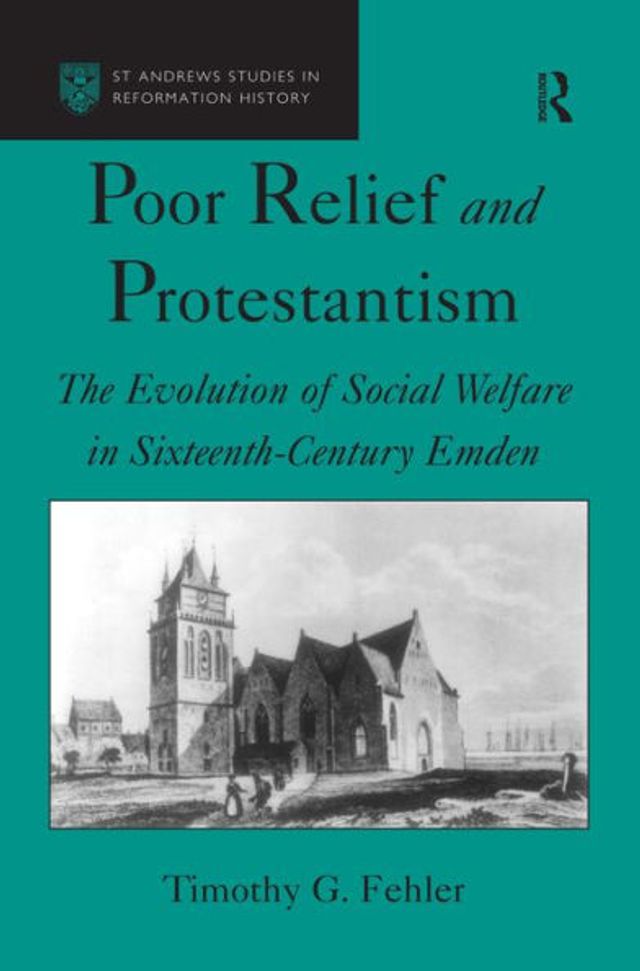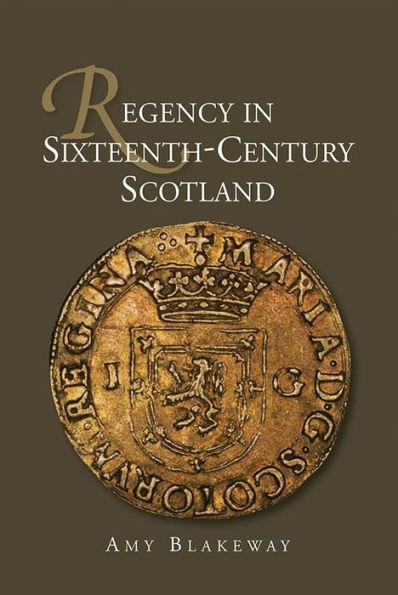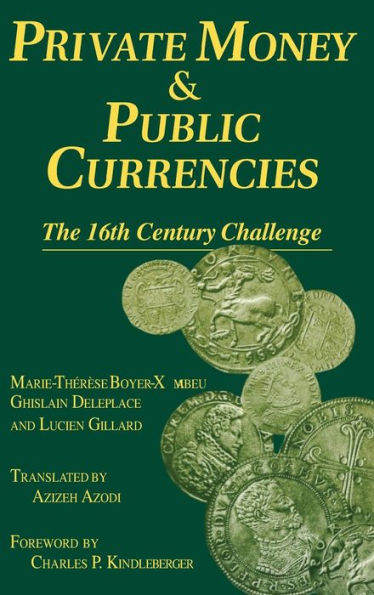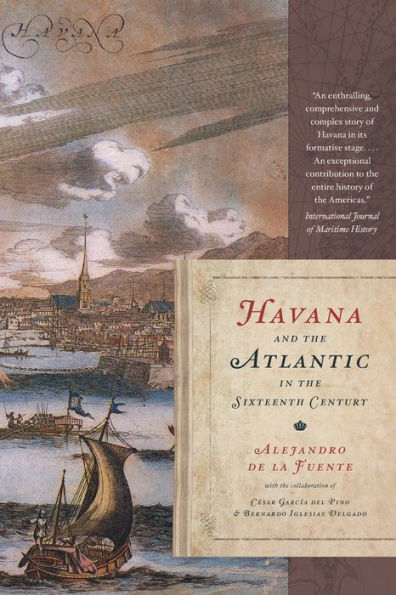Home
Rituals of Prosecution: The Roman Inquisition and the Prosecution of Philo-Protestants in Sixteenth-Century Italy
Barnes and Noble
Rituals of Prosecution: The Roman Inquisition and the Prosecution of Philo-Protestants in Sixteenth-Century Italy
Current price: $106.00


Barnes and Noble
Rituals of Prosecution: The Roman Inquisition and the Prosecution of Philo-Protestants in Sixteenth-Century Italy
Current price: $106.00
Size: OS
Loading Inventory...
*Product information may vary - to confirm product availability, pricing, shipping and return information please contact Barnes and Noble
During the Counter-Reformation, inquisition manual authors working in Italian lands adapted the Catholic Church’s traditional tactics of inquisitorial procedure, which had been formulated in the medieval period, to the prosecution of philo-Protestants. Through a comparison of the texts of four such authors to contemporary inquisition processes, Jane K. Wickersham situates the Roman inquisition’s prosecution of philo-Protestants within the larger framework of the complex religious upheavals of the sixteenth century.
Identifying the critical role played by ritual practice in discovering and prosecuting heretical subjects, Wickersham uncovers two core reasons for its use: first, as a practical means of prosecuting a variety of philo-Protestant beliefs, and second, as an approach firmly grounded within the Catholic Church’s history of prosecuting heresy. Finally,
Rituals of Prosecution
provides an in-depth examination of the inquisitorial processes of urban residents from humble socio-economic backgrounds, providing new insight into how the prosecution of ordinary people was conducted in the early modern era.
Identifying the critical role played by ritual practice in discovering and prosecuting heretical subjects, Wickersham uncovers two core reasons for its use: first, as a practical means of prosecuting a variety of philo-Protestant beliefs, and second, as an approach firmly grounded within the Catholic Church’s history of prosecuting heresy. Finally,
Rituals of Prosecution
provides an in-depth examination of the inquisitorial processes of urban residents from humble socio-economic backgrounds, providing new insight into how the prosecution of ordinary people was conducted in the early modern era.

















